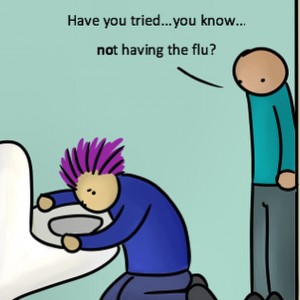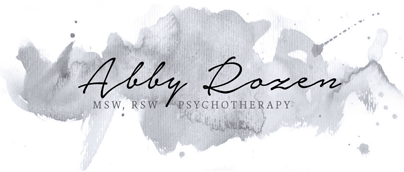Your feelings are valid.
Whether that made you breathe a sigh of relief or look around for the person with the “real” problems I must be talking to, your struggles are real, your experience matters and you have every right to feel the way you do. Yes, even you.
We’ve all heard that the first step to overcoming an addiction is admitting that you have a problem. Well, when it comes to mental health, the first step to recovery is allowing yourself to have a problem. Mental health issues are still dripping with stigma and often kept as deep, dark secrets, locked away tight where no one else will ever find them. Sometimes it’s because we don’t want others to see us as sick, but sometimes it’s because we’re afraid they won’t.In our suck-it-up society, some of the most common responses to mental illness are also the most detrimental:
Stop freaking out– everyone gets nervous.
You’d feel better if you just got out of bed.
ADHD was just made up by drug companies.
I wish I could get paid to go on “stress” leave, too.
What could you possibly have to be depressed about?
It’s no wonder these gremlin thoughts move into our brains, diminish our experiences and tell us to keep our mouths shut!
What we have to remember is that mental illness are just that– illnesses. And they are every bit as real as physical ailments. If “just calm down” isn’t appropriate advice during an asthma attack, why is it acceptable during a panic attack? Neither depression nor diabetes cares what kind of childhood you had and an eating disorder is no more a cry for attention than cancer.
Whether it comes in the form of a diagnosis or someone you trust acknowledging your pain, validation is essential to recovery. How can we expect to get better if we’re not allowed to be sick in the first place? When our thoughts and feelings are squashed and reduced to nothing more than “overreacting,” and we begin to agree that we can’t possibly have a real problem, we don’t know how or where to find help.
The next time you catch yourself saying (out loud or otherwise) “My problems aren’t as important as hers,” “I’m not sick enough to get help” or “It’s all in my head,” scroll up and remember: your struggles are real, your experience matters and you have every right to feel the way you do.






